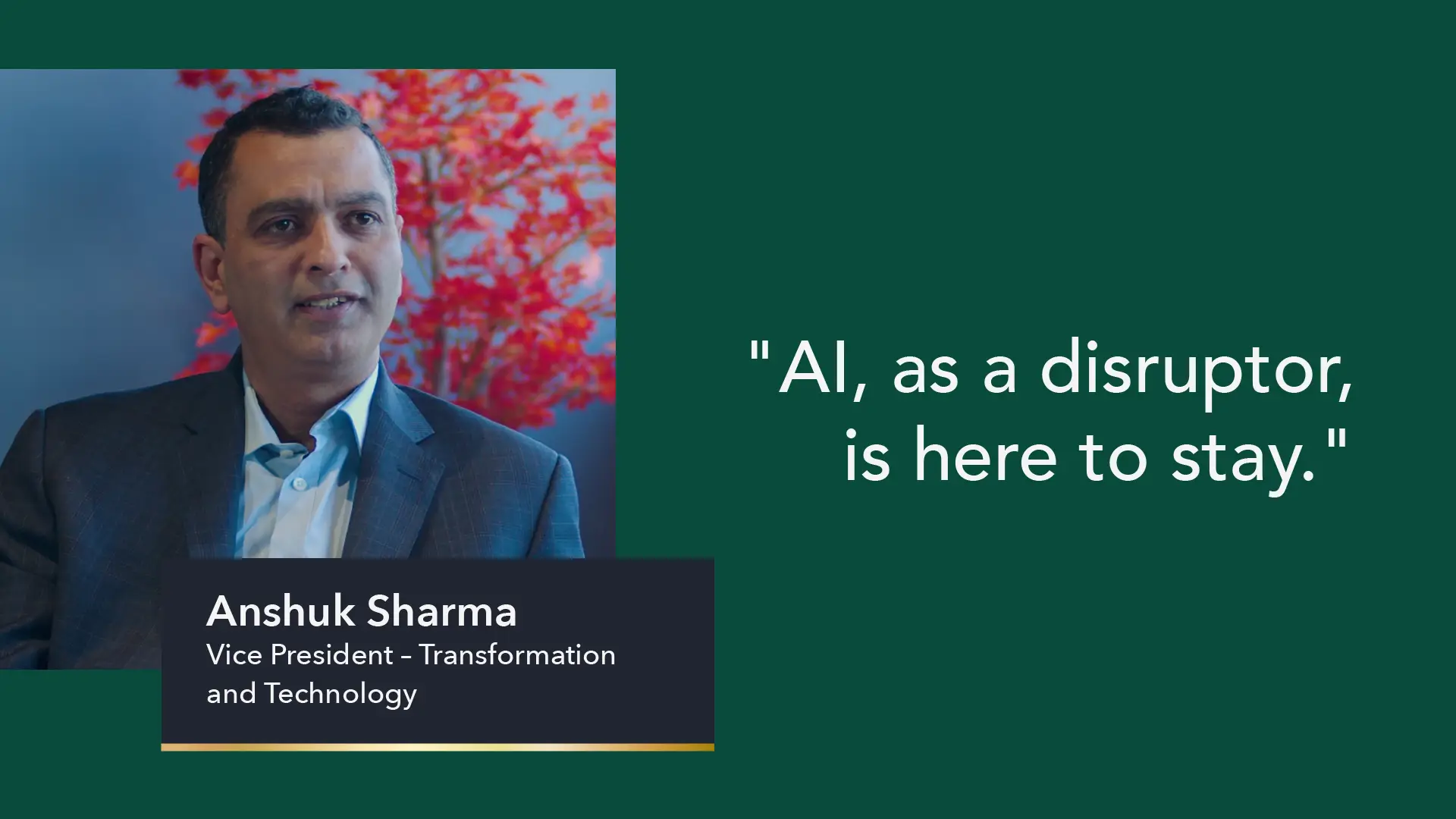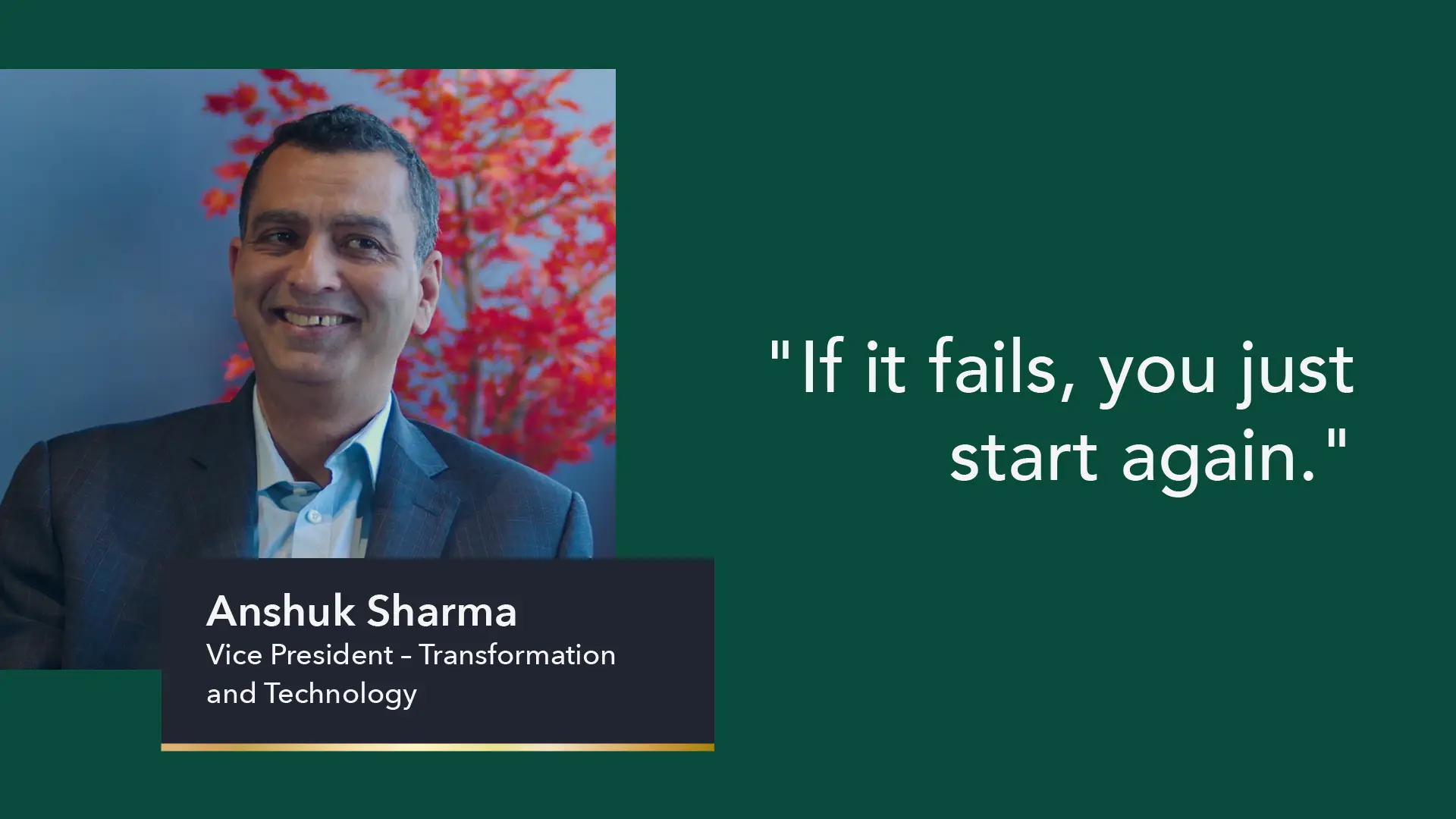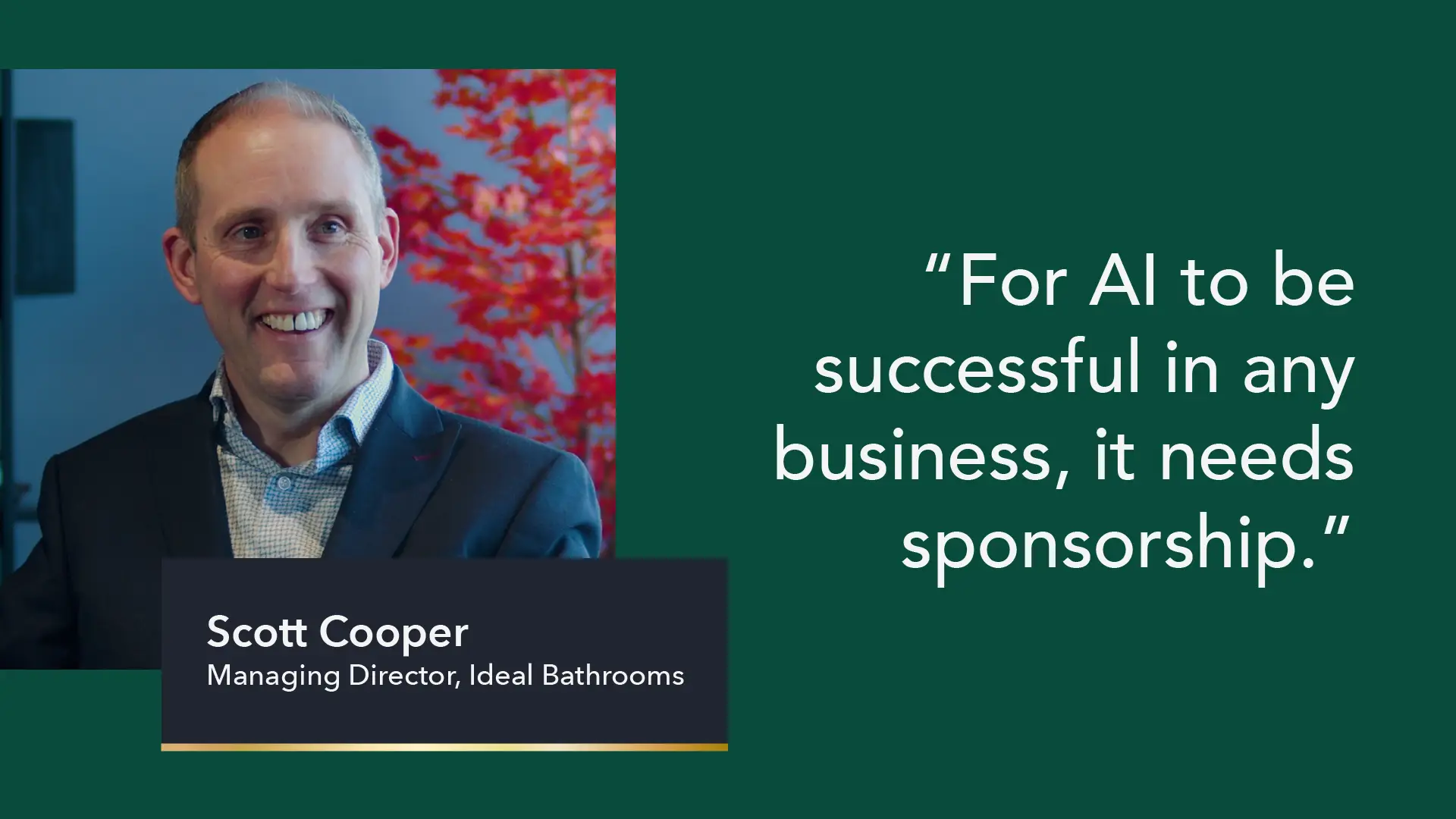 3:19
3:19
Must Watch
 3:19
3:19
Anshuk Sharma - AI: Executive Perspectives Part Two
July
24th,
2025
 3:07
3:07
Anshuk Sharma - AI: Executive Perspectives Part One
July
24th,
2025
More Posts

Strategic Transformation in Times of Disruption: Insights from Industry Leaders
In a rapidly shifting global environment, transformation has become more than a strategic in...





